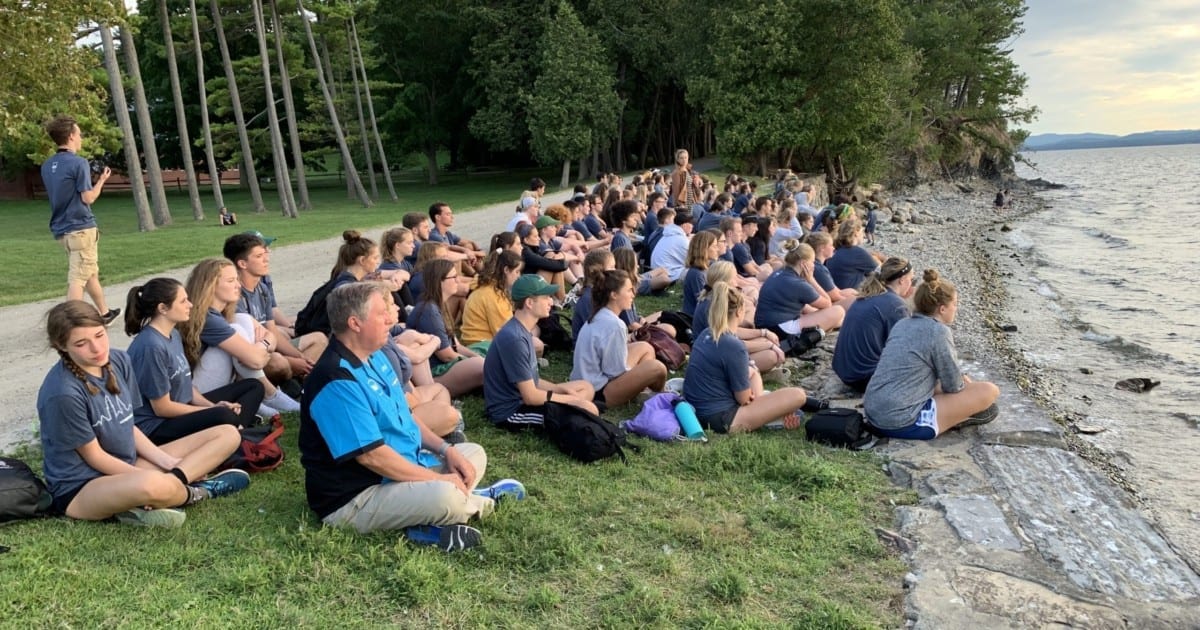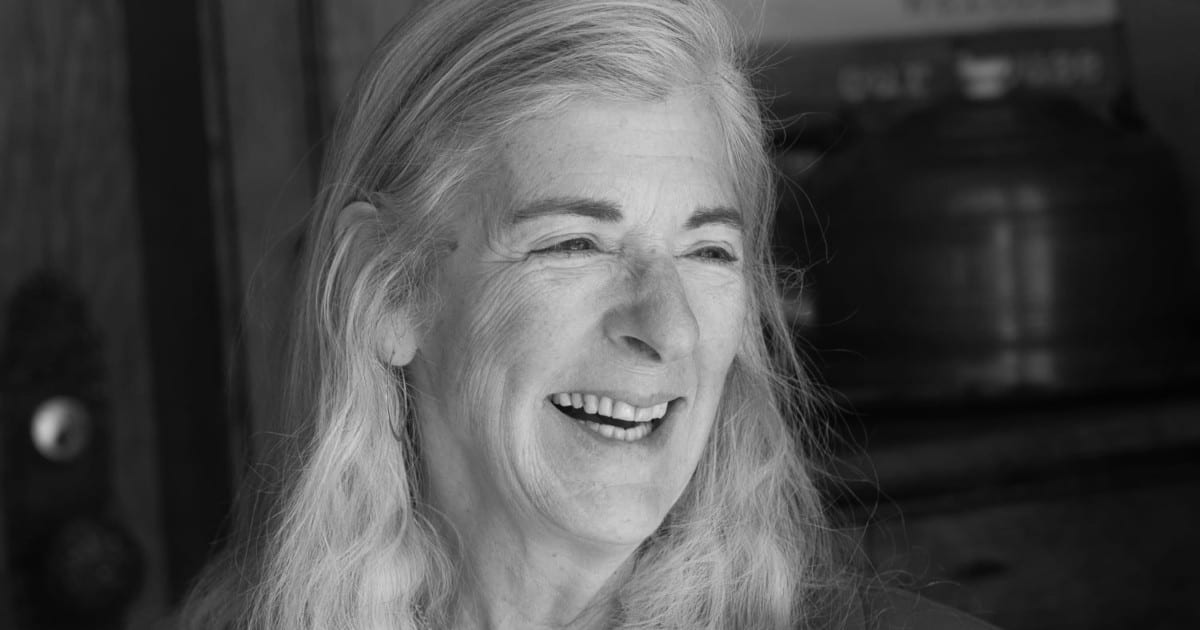Coronavirus and Mental Health
In April, Active Minds, the nation’s premier nonprofit organization supporting mental health awareness and education for students, surveyed 2,086 college students about the impact of COVID-19 on their mental health. In the survey, 80% reported that COVID-19 had negatively impacted their mental health, and 1 in 5 said their mental health had significantly worsened. The most commonly reported impacts were stress or anxiety (91%), disappointment or sadness, and loneliness (80%). Over half (63%) reported that they were finding it challenging to stay connected with others, and 85% said that focusing on school and work despite distractions was the most difficult challenge of the stay-at-home orders. However, 79% of college students felt hopeful about achieving their school-related goals and future job prospects despite the pandemic. The students surveyed highlighted several moves that school leaders should be considering for student mental health during and after the pandemic including increased academic support with accommodations and flexibility, additional mental health resources, more investment in counseling and coping resources, opportunities for social connection, and improved practices and protocols to pivot to remote learning in case of a future crisis.
Completion Rates and Disparities
According to a report from the National Student Clearinghouse Research Center, while the national six-year college completion rates continues to improve, there is a substantial disparity between full-time and part-time students. Only about one-third of part-time students who entered college in 2013 had graduated after six years, compared to about two-thirds of full-time students who graduated. After six years, more than half of part-time students were no longer enrolled anywhere (51%), nearly two times more than the “stop-out rate” for full-time students (26%). Furthermore, the report states, the disparities are growing: the stop-out rate has increased for part-time students in recent years, while it has decreased for full-time students. Notably, the stop-out rate for part-time students was highest at for-profit, four-year colleges. 55.7% of students at these schools left by the sixth year without a credential.
Coronavirus Impact on Student Success
According to several reports, the coronavirus and resulting economic downturn have harmed many students and impacted plans for attending or returning to school in the fall. According to a working paper from the National Bureau of Economic Research, undergraduate students at a large public university have suffered significantly and unequally as a result of the pandemic. In a survey of approximately 1,500 students , researchers found that low-income students were 55 percent more likely to delay graduation than their more affluent peers. Overall, 13% of students have delayed graduation, 40% lost a job, internship, or a job offer, and 29% expect to earn less at age 35 due to the pandemic. Lower income students are 55% more likely to have delayed graduation due to COVID-19 than their higher-income peers. According to a survey from the American Council on Education (ACE) and the American Association of Collegiate Registrars and Admissions Officers (AACRAO), released in April, one in 10 college students reported that they weren’t certain they would return to school in the fall or had already decided not to attend because of the coronavirus. And an Art and Science Group survey of high school seniors found that one in six said they definitely or most likely will change their plans to attend college in the fall because of the coronavirus. Of those, 16 percent say they will take a gap year. About half of the students surveyed reported a parent or guardian had lost a job, been laid off, or been furloughed as a result of the pandemic. And a series of surveys from CIVIS Analytics in the spring found that high school parents, particularly black and Hispanics, reported their children’s plans after high school had changed.
Effectiveness of Mindfulness Interventions
A systematic review of mindfulness-based interventions (MBIs) published in the Journal of American College Health found that they show promise in promoting mental health in academic settings. In Mindfulness-based interventions in undergraduate students: a systematic review, the researchers observed that while most studies reported beneficial effects, many did not use physiological measures and follow-up assessments. One recent study, also published in the Journal of American College Health, found that an 8-week mindfulness-based strengths practice improved student wellbeing and retention. The small preliminary, randomized controlled trial of 52 working undergraduates examined the effects of intervention along the five PERMA domains of well-being (Positive Emotion, Engagement, Relationships, Meaning, and Accomplishment). It found that the intervention resulted in higher well-being, engagement, meaning, and health. Students in the intervention group also had higher retention rates for the following year than those in the control group.
Faculty and Mentor Effect on Mental Health
According to a recent Gallup survey, only 17% of recent college graduates strongly agreed that their alma mater was passionate about the mental health of its students. Gallup conducted interviews in late 2019 with 1,617 U.S. college graduates who completed their bachelor’s degree between 2010 and 2019, finding that students’ views about their school were generally linked to supportive experiences with faculty and mentors. The data show that graduates who strongly agreed that their professors cared about them “as a person” were three times more likely to also strongly agree that their school was passionate about student mental health. And those who strongly agreed that they had a mentor who encouraged them to pursue their goals are more than twice as likely to also strongly agree that their school handles mental health issues strongly. Gallup also reports that students with mentors and caring professors are almost twice as likely to be thriving in their wellbeing as adults. While school size did not have an effect on students’ perception that their alma mater is passionate about mental health, non-profit versus for-profit status did appear to have an effect. Recent graduates of public and private not-for-profit schools are more than twice as likely as alumni from private for-profit schools to strongly agree that their alma mater is passionate about student mental health.



